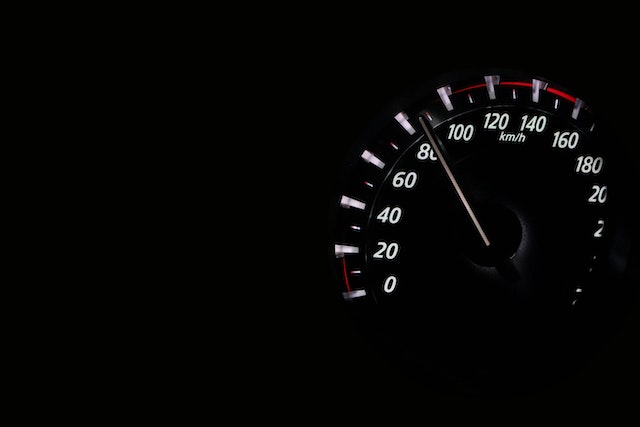
If you’ve read online about traffic law, or if it has just popped up in casual conversation about your commute, you may be wondering what terms like “traffic violation,” “traffic infraction,” and “traffic crime” all mean. Legal terms have a set form of use among among lawyers, judges, and scholars, but often these words are not clear on their faces. This blog will clarify the confusion around these words, and help you understand what you need to know should you ever be involved in a traffic incident. If in fact you’ve been in a traffic incident, you should call a Rockland County traffic violation attorney as soon as you can. We have the knowledge and skills to help, and we will fight to get you the best outcome possible.
First of all, receiving a traffic ticket does not mean you have been charged with a crime by the state of New York. Most traffic tickets are for infractions or violations, both of those being interchangeable terms. A traffic violation, or traffic infraction, refers to lesser offenses that New York law does not consider crimes. Some traffic violations include cutting off another car or not paying the parking meter at the spot where your car is parked.
Traffic infractions are handled in traffic courts, though you don’t need to go to court to solve most traffic tickets. You are allowed to plead guilty and pay the fine on the ticket, either by mail or online. If you want to plead guilty, then you will need to appear before the judge. In such a scenario, you should seriously consider bringing a traffic violation attorney with you.
New York only criminalizes some negative driving behaviors. To best defend yourself, you will need to understand the difference between a traffic violation and a traffic crime. If you are found guilty of a traffic crime, you may get a ticket as well as a criminal sentence, up to and including jail time.
Punishments for traffic crimes can be very different from one to the next. They range from misdemeanors to felonies. Even the same or similar action, taking place in different circumstances, can itself be classified as either a misdemeanor or felony. Fleeing from a police officer is a misdemeanor as long as you don’t hurt anyone else in the process. If you do hurt someone, however, fleeing from a police officer becomes a felony punishable by up to seven years in jail. Having a history of criminal office can also make the penalties you face stricter. When someone has received multiple DWI charges, each subsequent conviction may increase the length of potential jail sentences and intensify the requisites for being considered rehabilitated. Multiple serious violations may even cost you your license. Examples of traffic crimes are driving while intoxicated, vehicular manslaughter, and hit-and-runs.
You may be arrested immediately if a police officer accuses you of committing a traffic crime, which will make it more difficult for you to plan on how you’ll plead or request bail. Lawyers are helpful in traffic court and crucial in criminal court, so seek legal counsel as soon as you can.
© 2024 The Law Office of Kevin T. Conway. All rights reserved.